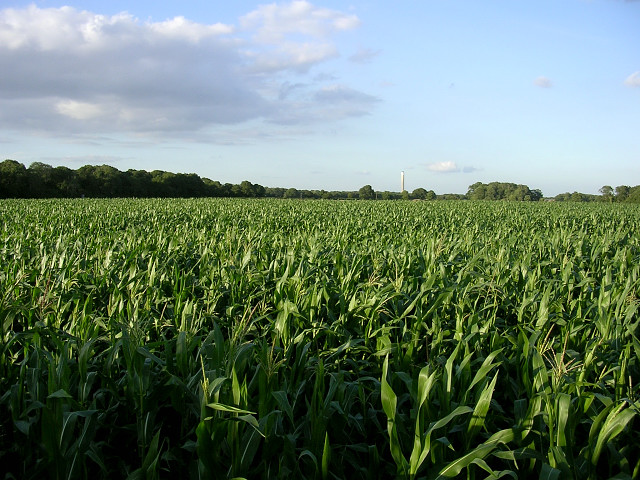OWS Puppets, OWS Sustainability, Occupy Santa Cruz, Occupy SF Environmental Justice Working Group, and Occupy the Food System- Oakland, among many others.
Food Security is defined as 'The ability of a country to produce or import enough food for normal health and physical activity of its people'.
Sunday, February 26, 2012
Protect Your Food Security
OWS Puppets, OWS Sustainability, Occupy Santa Cruz, Occupy SF Environmental Justice Working Group, and Occupy the Food System- Oakland, among many others.
Tuesday, February 21, 2012
Somalia's Rich Maritime Resources Being Plundered, Report Says
UNITED NATIONS, Feb 21, 2012 (IPS) - The international community has failed to grapple with the real underlying political and economic issues facing the troubled East African nation of Somalia, which has been surviving without an effective government for over two decades, according to a new study released here.
With the country's 3,300-km coastline virtually unprotected, industrial fishing vessels from Europe and Asia have entered the area in large numbers and are plundering Somalia's rich maritime resources.
With the country's 3,300-km coastline virtually unprotected, industrial fishing vessels from Europe and Asia have entered the area in large numbers and are plundering Somalia's rich maritime resources. Authored by Suzanne Dershowitz and James Paul, the report was released ahead of a high-level international conference on Somalia scheduled to take place in London Feb. 23. More
Monday, February 20, 2012
Models Underestimate Future Temperature Variability: Food Security at Risk
ScienceDaily (Feb. 17, 2012) — Climate warming caused by greenhouse gases is very likely to increase the variability of summertime temperatures around the world by the end of this century, a University of Washington climate scientist said Friday. The findings have major implications for food production.
Current climate models do not adequately reflect feedbacks from the relationship between the atmosphere and soil, which causes them to underestimate the increase of variability in summertime temperatures, said David Battisti, a UW professor of atmospheric sciences.
While warmer temperatures already have implications for food production in the tropics, the new findings suggest the increase in the volatility of summertime temperatures will have serious effects in grain-growing regions of Europe and North and South America, Battisti said.
"If there's greater variability, the odds of the temperature being so high that you can't grow a crop are greater," he said. "In terms of regional and global food security, it's not good news."
Battisti presented his findings at the American Association for the Advancement of Science meeting in Vancouver, Canada. His discussion was part of a panel on climate and global food security that included Rosamond Naylor of Stanford University and Daniel Vimont of the University of Wisconsin, with whom he has collaborated on previous food security research. More
Sunday, February 19, 2012
FOA Expert: Adopt 'Climate Smart' Agriculture
AN expert from the Food and Agriculture Office (FAO) is pitching calls for the adoption of “climate-smart agriculture” to address the twin challenges of achieving food security and climate change.
Hideki Kanamaru of the Climate, Energy and Tenure Division (NRC) of the FAO told participants of the APEC Symposium on Climate Change held at the Shangri-la Hotel in Manila last week that there is a need to transform agricultural systems to achieve productivity that will support national food security and development goals of APEC member economies.
Transforming agricultural systems means intensifying production systems that will empower farmers to avail themselves of and effectively apply technologies and techniques that will reduce greenhouse gas emissions in agriculture, particularly in irrigated rice production.
Hosted by the Philippines through the Department of Agriculture, the symposium dubbed “Adaptation Strategies with Mitigation Potential for Food and Water Security was attended by policy makers and implementers, researchers, scientists and practitioners from APEC economies and selected organizations.
Alicia Ilaga, focal person of the Department of Agriculture – APEC and Climate Change office said the symposium intended to initiate and sustain information exchange among resource speakers and participating APEC economies on adaptation strategies in agriculture with mitigation potentials.
Kanamaru said FAO is promoting “climate-smart agriculture,” a concept to transform agricultural to enhance the achievement of national food security and development goals in the face of climate change.
Climate-smart agriculture consists of three major pillars: sustainably intensified production systems to achieve productivity increases, climate- change adaptation, and climate-change mitigation.
Adoption of new technologies such as adaptation and mitigation practices, however, is faced with several limitations such as lack of tenure, security and limited property rights which may hinder adoption of practices, he said. More




